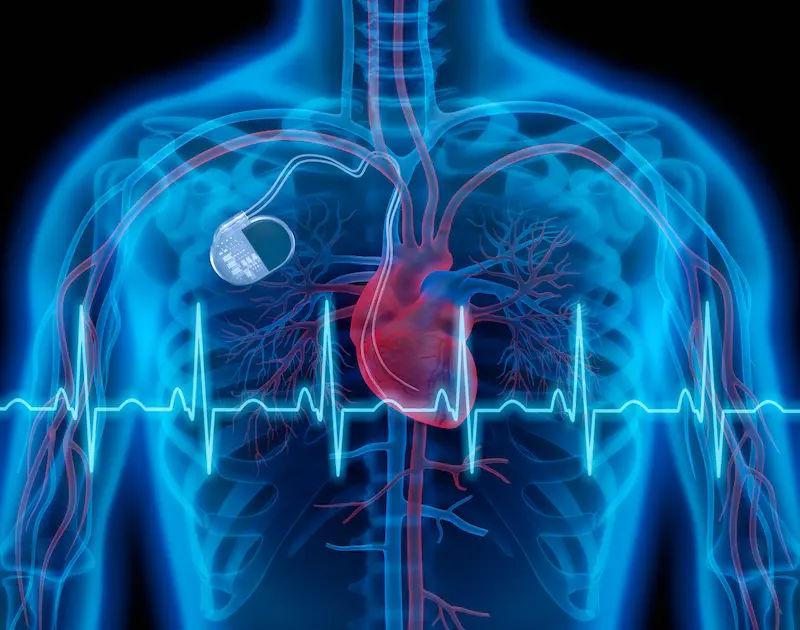- female
- 30 Years
- 29/01/2025
I've been noticing this weird thing where I can feel my pulse in my fingertips if I press them firmly on something hard. It's not all the time, and it doesn't hurt, but when I grip something and accidentally focus on it, I feel my heartbeatit's like a straight-up pulse. I've talked to a cardiologist and two neurologists about this. One suggested a color Doppler test without fully hearing me out, and the other said not to worry. It's just confusing because, like with a pulse oximeter reading from the finger, I wonder if this is normal. I've done all the heart tests, and they came back clear, but once my blood pressure shot up to 160118 due to stress from an injury. No other issues now, but it's still annoying, and I've consulted two GPs as well. Is this pulse sensation normal, or should I be concerned?
Answered by 1 Apollo Doctors
-It's generally normal to feel a pulse in your fingertips, especially if you press down on a hard surface or grip something tightly. The pulse you're feeling is likely just the natural blood flow, similar to what a pulse oximeter detects. Since you've had
Dr. Anshul Suggests...
Consult a Cardiologist
Answered 04/07/2025
0
0

More Cardiology Health Queries
View allWhat should a patient eat after mitral valve replacement surgery 14 years ago who's currently on warfarin 34 mg alternate days, ecosprin 75 mg, and penidure LA12 every 21 days? I'm concerned about maintaining a balanced diet while on these medications Can you suggest a diet plan for someone who had mitral valve replacement years ago and is taking warfarin 34 mg every other day along with ecosprin and penidure LA12? I want to make sure my food choices don't interfere with the meds I had mitral valve replacement surgery 14 years back and take warfarin 34 mg on alternate days, ecosprin 75 mg daily, and penidure LA12 every 21 days what foods should I include or avoid to stay healthy without affecting my medication? My dad had a mitral valve replacement over a decade ago and is on warfarin 34 mg alternate days, ecosprin 75 mg, and penidure LA12 injections what kind of diet would be safe and supportive for his condition? Looking for dietary advice post-mitral valve replacement currently on warfarin 34 mg every other day, ecosprin 75 mg, and penidure LA12 every three weeks. What foods help maintain stability with these medications?
Avoid vitamin K–rich foods, take warfarin on schedule, and follow a consistent, heart-healthy diet.
Answered by 1 Apollo Doctors
I'm 30 and just started working out, but I've noticed during cardio my heart rate goes above 180. Is this normal?
During intense exercise, it is not uncommon for heart rates to exceed 180 beats per minute, especially in younger individuals. However, it is important to monitor your heart rate and listen to your body. If you experience dizziness, chest pain, or difficulty breathing, you should stop exercising and seek medical attention. To help regulate your heart rate during exercise, you can consider taking a beta-blocker such as Metoprolol at a dose of 25-50mg before exercising, after consulting with your doctor.
Answered by 1 Apollo Doctors
My dad, who's 69, got really bad chest pains about five days ago and the ECG showed he had a heart attack. They did an angiography too and found there's blockage in three arteriesone's at 90 percent, another at 70, and the last one at 50 percent. The doctor said he needs surgery. I'm really worried and wanted to get your opinion on this. Is surgery the only option, and what kind of risks are we looking at? Are there any alternatives or additional things we should consider?
yes angiolasty is recommended to your father as there triple vessel disease and three arteries are blocked .
Answered by 1 Apollo Doctors
Disclaimer: Answers on Apollo 247 are not intended to replace your doctor advice. Always seek help of a professional doctor in case of an medical emergency or ailment.

_0.webp)

